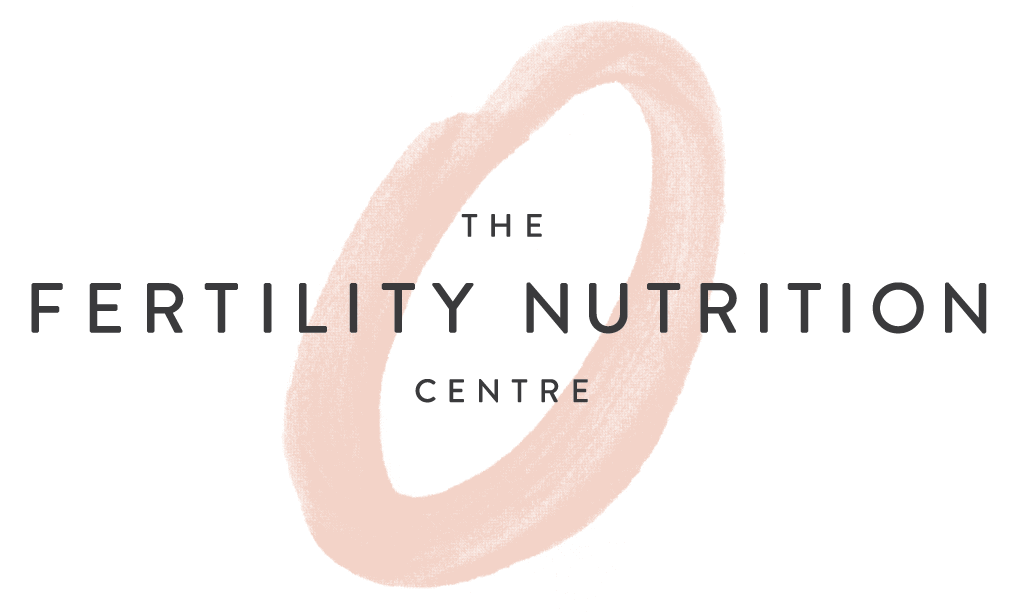
Exploring the Role of Nutrition and lifestyle choices in male fertility.
Men’s Health Week is an opportunity to raise awareness of the many health issues that affect men, and one area that deserves attention is male fertility. Fertility problems are a growing concern among men, with rates declining alarmingly. Nutrition and lifestyle choices are known to play a significant role in male reproductive health.
This article will explore the relationship between nutrition, lifestyle choices, and male fertility and highlight foods and supplements that may support male reproductive health.
Male fertility is a complex issue
Many factors can impact a man’s ability to conceive. However, studies have shown that poor nutrition and lifestyle choices can significantly impact male fertility. For example, a diet high in processed foods, saturated fats, and sugar has been linked to lower sperm count and poor sperm motility. Similarly, lifestyle factors such as smoking, excessive alcohol consumption, lack of exercise, and exposure to toxins in our environment can all negatively affect male fertility.
To support male reproductive health, adopting a healthy lifestyle and making smart dietary choices is essential.
How about Body weight?
One of the most important things men can do to support their fertility is to maintain a healthy body weight. Obesity has been linked to lower sperm count and poor sperm quality, so maintaining a healthy weight through a balanced diet and regular exercise is key.
How about Nutrition?
Antioxidants – In terms of specific foods that support male reproductive health, a diet rich in antioxidants has been shown to be beneficial. Antioxidants protect the body from oxidative stress, which can damage sperm and impact male fertility. Foods high in antioxidants include berries, dark chocolate, nuts, and leafy green vegetables.
Healthy fats – Omega-3 fatty acids are important for male reproductive health. Omega-3s are essential fats that are critical for healthy sperm production and motility. Foods high in omega-3s include fatty fish such as salmon, mackerel, sardines, flaxseeds, chia seeds, and walnuts.
Vitamin D – Another nutrient that is important for male fertility. Studies have shown that low vitamin D levels are associated with lower sperm count and poor sperm motility. Vitamin D is naturally found in fatty fish, egg yolks, and mushrooms and can also be obtained through sunlight exposure.
How about Supplements?
In addition to dietary changes, several supplements can support male reproductive health, but it’s always best to get qualified advice before taking any supplements. One of the most popular supplements is maca root.
- A popular supplement is CoQ10. CoQ10 is an antioxidant naturally found in the body and is critical for energy production. CoQ10 levels decline as we age, linked to lower sperm count and poor sperm quality. Taking a CoQ10 supplement can help support healthy sperm production and motility.
- Some natural compounds such as Maca, Tribulus and medicinal mushrooms may be helpful. Still, we would suggest these are only prescribed by a qualified practitioner as they may also be detrimental depending on the individual and their circumstances.
Finally, it is important to make lifestyle changes that support male reproductive health, and with that, here are our THREE recommended (in fact, MUST-DO) adjustments to prioritise!
Smoking – Quitting smoking is one of the most important steps men can take to improve their fertility. Smoking has been linked to lower sperm count and poor sperm motility, so quitting smoking can have a significant impact on male fertility.
Alcohol – Reducing alcohol consumption is another important lifestyle change that can support male reproductive health. Excessive alcohol consumption has been linked to lower testosterone levels and poor sperm quality, so reducing alcohol consumption or quitting altogether can help improve male fertility.
Exercise and Movement – Exercise helps maintain healthy body weight and can improve overall health and well-being. However, it is important to note that excessive exercise can have a negative impact on male fertility, so it is crucial to find a balance.
The Bottom Line
In conclusion, male fertility is a complex issue that many factors can influence, but definitely include nutrition and lifestyle choices. Maintaining healthy body weight, adopting a diet rich in antioxidants and omega-3 fatty acids, getting enough vitamin D, and taking supplements like maca root and CoQ10 can all support male reproductive health. But also extremely important, making lifestyle changes such as quitting smoking, reducing alcohol consumption, and exercising regularly can significantly impact male fertility.
As we celebrate Men’s Health Week, raising awareness of the importance of male reproductive health and the role that nutrition and lifestyle choices play in supporting it is important. Statistics tell us that male infertility contributes to 50% of fertility cases and is the sole cause in 30% of cases. Therefore, difficulties conceiving and fertility struggles are very much NOT just a female issue. By adopting healthy habits and making smart dietary choices, men can improve their chances of conceiving and ensure their overall health and well-being.
Our team of practitioners have many suggestions and tips to support male fertility. Here are some recent Instagram posts that you might find interesting:
What next?
Don’t forget to follow our Instagram page for more fertility nutrition tips from our team of certified practitioners.
Or click here, and head to our directory to book a free introductory chat with a team member.



